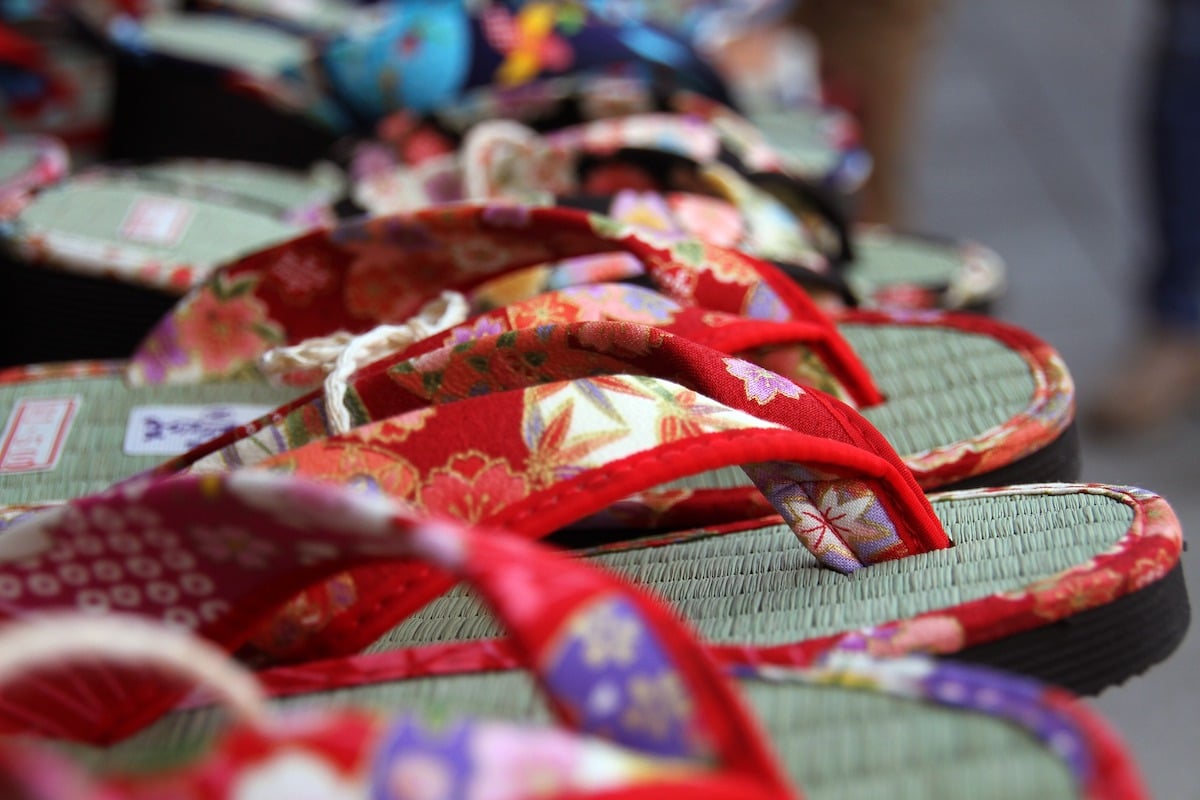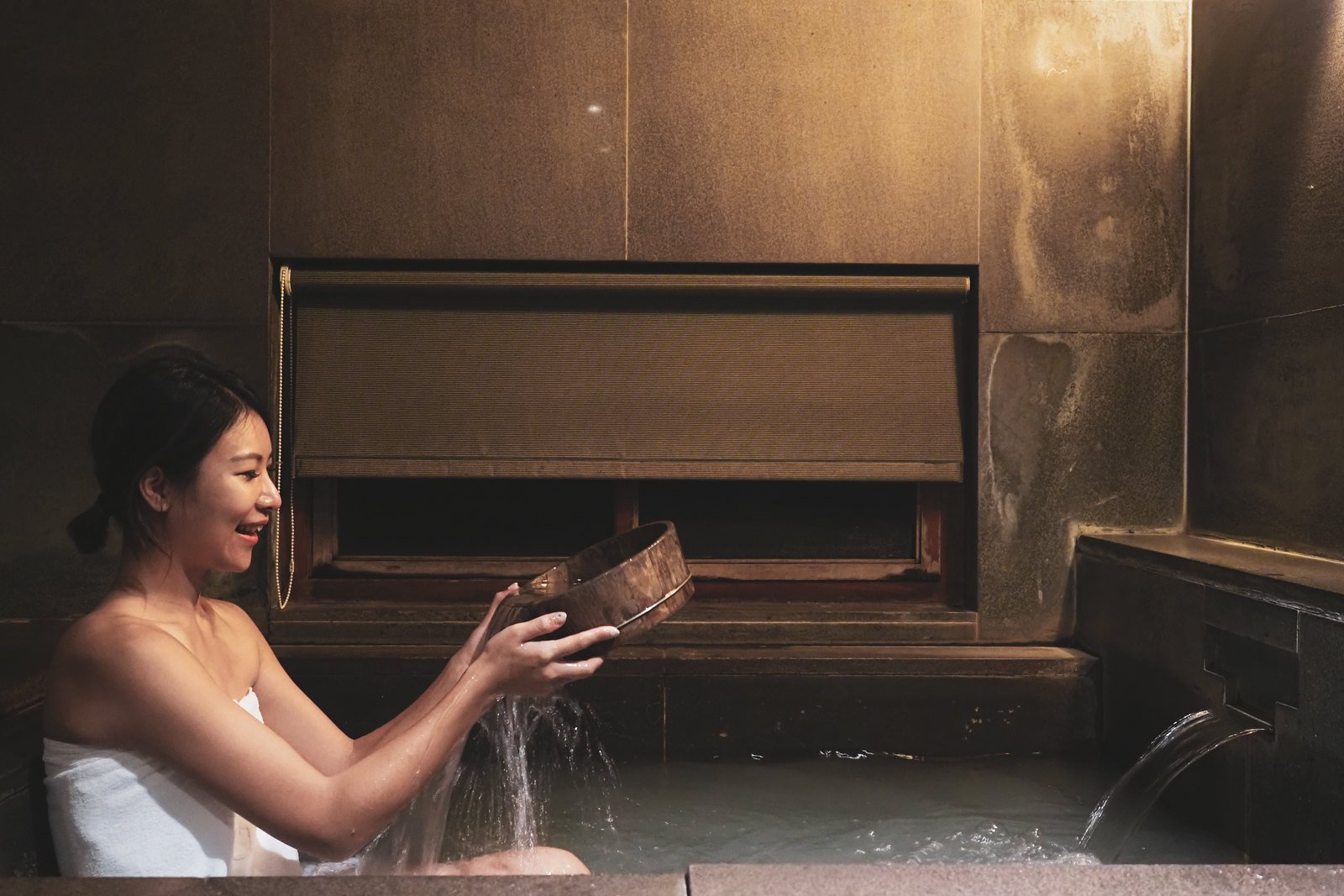
When you start living in a foreign country, it is always difficult to adapt to their customs at first. However, over time you unconsciously pick up local and you being to adjust to their lifestyle. Japan is a country with a unique culture and customs that differ greatly from those of other countries. At first you may feel confused by seeing the habits of Japanese people. However, after a while, when you realize it you have started to act like them and have taken on many of their habits. Here we explain the most common ones.
1. Taking off your shoes
This habit is definitely a classic of all habits. Following the Japanese mentality about the importance of cleanliness, it is a custom to take off your shoes at the entrance of the house. It is something that you learn very quickly when you start living in Japan, since you do not only have to do it every time you enter your own house or someone else’s, but also in some restaurants and even before entering the bathroom.
Therefore, you end up realizing that buying shoes that can be easily put on and taken off makes daily life in Japan much easier. You also find that leaving your shoes in the hall is a great way to keep your floor cleaner for longer.

2. Carrying around a handkerchief all the time
There are two main reasons why you always end up keeping a handkerchief in your bag after living in Japan for a long time. The first reason is because the summer in Japan is suffocating and extremely humid, and you will sweat a lot. These handkerchiefs allow you to dry your sweat and are very helpful in the hottest times of the year.
Another reason is because in many public toilets in Japan there is no hand dryer or paper to dry your hands. Thus, in order to avoid getting wet hands after washing and not having anything to dry them with, anyone living in Japan always ends up carrying a handkerchief with them just in case.
3. Saying “itadakimasu”
In Japan, it is a custom to give thanks for receiving the food that we are going to eat, as well as to thank the people who have participated in the preparation of this food (farmers, fishermen, etc.), the ingredients used in it and the person who has prepared the food both before (saying い た だ き ま す, “Itadakimasu”) and after eating (saying ご ち そ う さ ま で し た, “Gochisousama deshita”). On both occasions these words are accompanied by the gesture of putting hands together. It is an ancient Japanese practice that is still widespread today. Therefore, it is a habit hat you also end up acquiring over time.

4. Take a hot bath at night
Unlike in other countries taking a bath is almost reserved for special moments, taking a bath has a great importance in Japan. Whether in everyday life, famous onsen or sento, enjoying a bath in Japan at the end of the day is a deeply rooted part of Japanese culture and even has its own rules and labels (first, wash your body well and then get into the water). After a hard day’s work, Japanese people relax and purify their bodies and minds through a regular bath. Therefore, even if before arriving in Japan you just settled for a quick shower (as it was my case), over time you will appreciate a good hot bath and will be looking forward to getting home to get into the water. Also, after going through the initial embarrassment of being naked in public, you will also enjoy going to some onsen and will be looking forward to going there to relax and unwind.
5. Making a line for the train
Since the population in Japan is very high (more than 120 million inhabitants), there are several rules to regulate the flow of people and avoid situations of chaos. One of those rules is to make a line on the train platform and wait your turn to get on the train. It is something that basically everyone does. There are even indications on the ground about where to wait for the train or where to leave space for passengers who want to get off the train. Once you get used to these rules, you will practice them almost without thinking. Other habits related to life on the trains in Japan that you will also end up unconsciously acquiring are those of remaining silent inside and sleeping on the train.

6. Separating the trash
In Japan, it is a custom to separate garbage and take it out following some rules that will vary depending on the area and / or the city. The four large categories in which garbage is usually classified are mainly four: burnable (food scraps, paper); non-burnable (metals, spray cans); recyclables (bottles, cans, newspapers) and bulky garbage (furniture, medium and large appliances). It is also necessary to know not only the days and time when the separated garbage has to be taken out, but also the way in which it must be thrown into the garbage bags. For example, in order to avoid liquid spills, odors and stains, you have to wash plastic containers and other recipients that contain liquids or food scraps. Even if these rules can be difficult to understand at times, once you get used to them, sorting out the trash becomes a habit.
7. Bowing
Japan is well known for its “bowing” culture. Due to the strict hierarchical stratification that Japanese people learn to respect and understand from an early age, bowing is an extremely common habit among them. It is basically a way of showing respect and submission to a superior. There are different ways of bowing depending on the social position of the person we are addressing, which can be confusing at first. However, after living in Japan for a while, you will realize that you are bowing all the time, even on the phone!
8. Slurping
Unlike other countries, where slurping while eating is considered rude, in Japan, it is completely acceptable to slurp making noise and bring the bowl to your mouth to drink the broth when eating noodle dishes such as ramen or soba. The reason is because it is believed to be a sign that you are enjoying the food. They also do it to avoid burning their tongue, since these dishes are normally served very hot. This custom only applies in the case of noodles, since eating making noise is also considered bad manners in Japan when eating any other kind of food. At first it may be disconcerting and even disgusting to listen to Japanese people slurping their ramen dishes very loudly, but as time goes by you will get used to it and even you will end up doing it as well.
After living in Japan for a while, you end up adopting their customs and acting like Japanese people. Unconsciously acquiring certain habits changes your life completely and definitely makes your stay in Japan much more comfortable.















